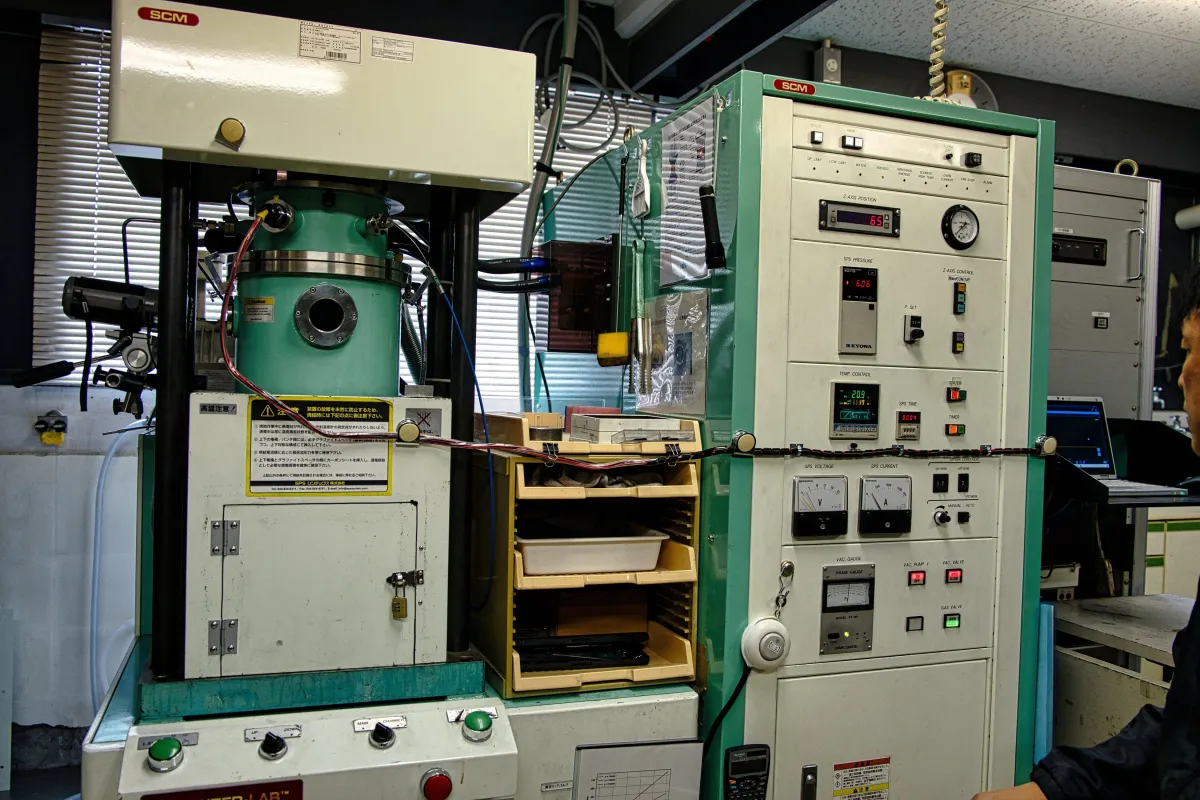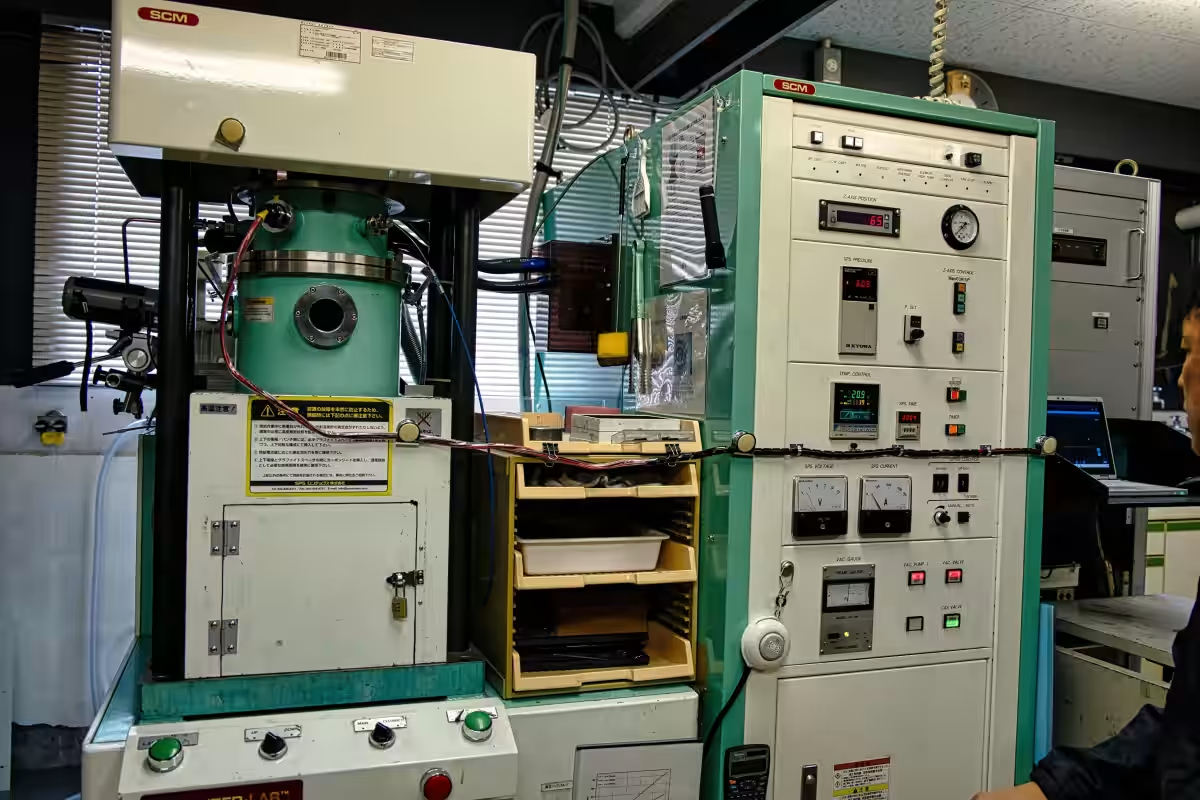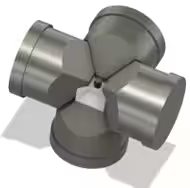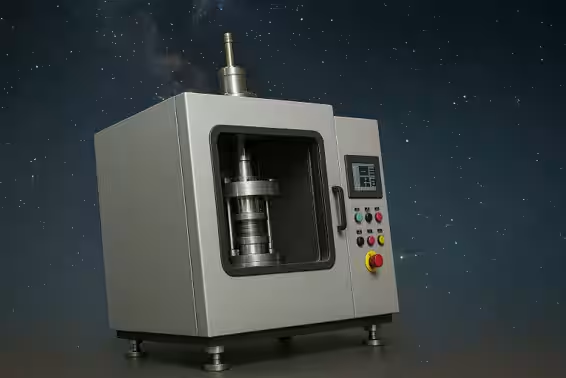

Space Seed Holdings and Okayama University Start Collaborative Research on Next-Generation SPS Equipment
Space Seed Holdings and Okayama University Partner for Advanced SPS Equipment Research
Space Seed Holdings Co., Ltd., headquartered in Tokyo's Minato Ward and led by CEO Kengo Suzuki, has embarked on a groundbreaking collaboration with Okayama University. Under the guidance of Professor Yoshihisa Mori, this initiative focuses on the research and development of next-generation Spark Plasma Sintering (SPS) technology. This strategic partnership aims to advance foundational research concerning the cutting-edge SPS equipment for which patent applications were concluded in March 2025.
Understanding SPS Technology and Its Challenges
SPS technology has recently gained attention for its unique ability to sinter powdered materials at lower temperatures and in shorter timeframes. Particularly, it holds promise in the advanced materials sector, especially in areas such as nanostructure control and the production of materials under nonequilibrium conditions. However, existing SPS devices generally operate under a pressure range of 0.1 to 0.15 GPa, with a maximum of 0.5 GPa, posing substantial limitations in exploring new material phases or applying the technology to more challenging materials.
Conventional high-pressure synthesis methods (like belt-type) enhance these limitations by leading to larger equipment sizes and elevated costs. There exists a pressing need for the evolution of SPS technology capable of achieving both extreme synthesis environments and precise heating control. This need has been echoed internationally.
Innovative High-Pressure Technique
In collaboration with Professor Mori, Space Seed Holdings completed a patent application for the next-generation SPS device in March 2025. This innovative technology enables sintering under ultra-high pressure conditions of up to 10 GPa, which was previously unattainable with traditional SPS devices, revolutionizing the material synthesis process. This technology is built on an advanced anvil cell architecture designed for high-pressure environments, allowing for a new approach to material synthesis methods.
Features of the Next-Generation SPS Equipment
The project aims to implement a world-first “next-generation SPS device” by integrating Professor Mori's expertise with the proven capabilities of the Palm-type cubic anvil in high-pressure sciences. This novel device boasts the following features:
- - High-Pressure Capability: Enables sintering at 10 GPa, over 100 times the pressure of existing devices.
- - Miniature Specimen Sintering: Capable of sintering small samples (less than 10 mm in diameter).
- - Reproducibility in Phase Transition Synthesis: Ensures high reproducibility of phase transitions.
- - Modular and Compact Design: Facilitates distributed research by being modular and desktop-friendly.
- - Optimized Cell Structure: Supports temperature stability and electrical conductance improvements.
- - Future Expandability: Potential to be retrofitted onto existing SPS devices.
Future Applications and Societal Impact
The successful implementation of this device will open doors to synthesizing advanced materials in previously uncharted domains, including:
- - Nano-polycrystalline diamonds, c-BN (cubic boron nitride), and h-BN for ultra-hard materials.
- - High heat-resistant ceramics and novel thermoelectric materials.
- - Transparent conductive oxynitrides and non-equilibrium structural phases for quantum sensors.
- - High-density electrolytes and next-generation battery materials.
Additionally, this research paves the way for the establishment of a university-originated startup via GAP fund channels, along with further explorations in areas like device licensing, contract sintering projects, and materials library services.
Next Steps in Development
Moving forward, the initial prototyping and evaluation of thermal and electrical performance will take place, utilizing a Palm-type anvil in a super high-pressure cell. This will inform subsequent synthesis tests with actual materials, guiding the establishment of synthesis conditions for next-generation materials and their societal application models.
Research findings will be disseminated progressively through domestic and international conferences and publications. Long-term goals include securing global leadership in SPS technology and establishing a new industrial standard for material development foundations.
About Space Seed Holdings
Space Seed Holdings is a deep-tech venture builder aimed at turning science fiction into reality, focusing on investment activities, research initiatives, and business creation. Through programs like the “Fermentation and Longevity Fund,” the company tackles social challenges while striving to establish the requisite technologies for human habitation in outer space by 2040, in collaboration with various stakeholders.
Learn more



Topics Consumer Products & Retail)










【About Using Articles】
You can freely use the title and article content by linking to the page where the article is posted.
※ Images cannot be used.
【About Links】
Links are free to use.